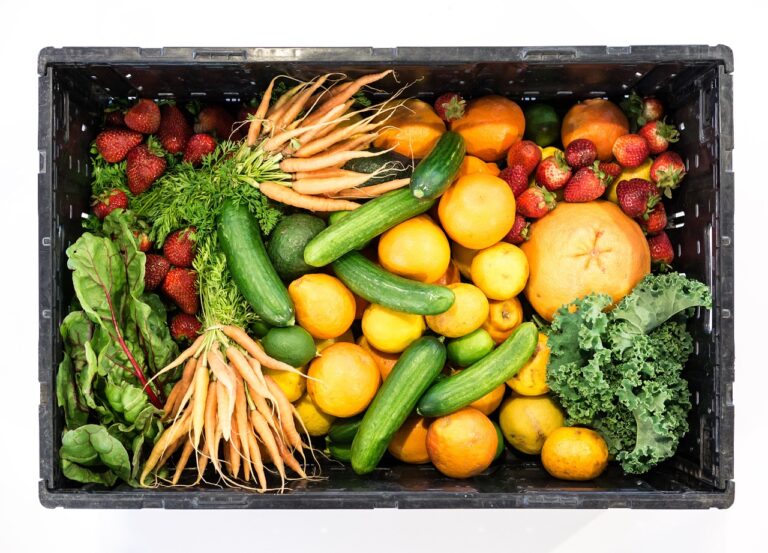The Benefits of Community Gardens in Urban Areas
Access to fresh produce has profound effects on individual well-being. By making fruits and vegetables more readily available in communities, people are more likely to incorporate these nutritious options into their daily diets. This shift towards a diet rich in fresh produce can lead to improved overall health outcomes and a reduced risk of chronic diseases such as heart disease, diabetes, and obesity.
Moreover, increased access to fresh produce not only benefits individuals but also has a positive impact on the community as a whole. When neighborhoods have better access to fresh fruits and vegetables, there is a collective improvement in health and wellness. This can create a ripple effect, fostering a sense of unity and camaraderie among community members who are all striving towards a healthier lifestyle.
– Improved overall health outcomes
– Reduced risk of chronic diseases such as heart disease, diabetes, and obesity
– Sense of unity and camaraderie among community members
– Collective improvement in health and wellness
Promotion of Healthier Eating Habits
Encouraging individuals to incorporate more fresh produce into their diets can play a significant role in promoting healthier eating habits. By increasing access to a variety of fruits and vegetables, people are more likely to choose these nutritious options over processed and unhealthy alternatives. Eating a diet rich in fresh produce has been linked to numerous health benefits, including a reduced risk of chronic diseases like heart disease, obesity, and certain types of cancer.
Furthermore, promoting healthier eating habits through increased access to fresh produce can help individuals maintain a balanced diet and achieve a healthier weight. Fresh fruits and vegetables are low in calories and high in essential nutrients, making them an excellent choice for those looking to improve their overall health and well-being. By making these healthy options more accessible and affordable, communities can work together to improve the overall health and wellness of their residents.
Strengthening of Community Bonds
Access to fresh produce not only nourishes the body but also brings people together in the community. When individuals have the opportunity to gather at farmer’s markets or community gardens to purchase or grow fresh fruits and vegetables, they are fostering connections with their neighbors. These interactions create a sense of unity and solidarity among community members, leading to a stronger bond that transcends merely sharing a meal.
Moreover, engaging in communal activities centered around fresh produce can promote a sense of belonging and pride within the neighborhood. Whether participating in a community garden project or a cooking class using locally sourced ingredients, individuals are able to collaborate and learn from one another. These shared experiences not only strengthen social ties but also instill a sense of ownership and responsibility for the well-being of the community as a whole.
How can increased access to fresh produce benefit a community?
Increased access to fresh produce can benefit a community by providing healthier food options, reducing food insecurity, and promoting overall better health and well-being.
How can the promotion of healthier eating habits impact a community?
The promotion of healthier eating habits can lead to a decrease in chronic health conditions, lower healthcare costs, and improve the overall quality of life for community members.
How does strengthening community bonds contribute to community well-being?
Strengthening community bonds fosters a sense of belonging, support, and connection among community members, leading to increased social support, resilience, and overall community cohesion.







